FAQ: 2020 Farm Requirements
A detailed FAQ about the Rainforest Alliance 2020 Sustainable Agriculture Standard Farm Requirements.
Home / Business / Certification / Page 37
Certification has had a huge impact in bringing sustainability to the forefront of business thinking, but it must continue to evolve to provide more value to farmers and companies and ensure that people and nature can thrive in harmony.
That's why the Rainforest Alliance launched its new Certification Program, which entered into force in July 2021. The Sustainable Agriculture Standard, along with its assurance and technology systems, are data-powered, and based on the principles of continuous improvement, risk-based assurance, contextualization, and shared responsibility. This is how we can deliver more value to the two million farmers and thousands of businesses that use Rainforest Alliance certification to drive more sustainable agricultural production and responsible supply chains.
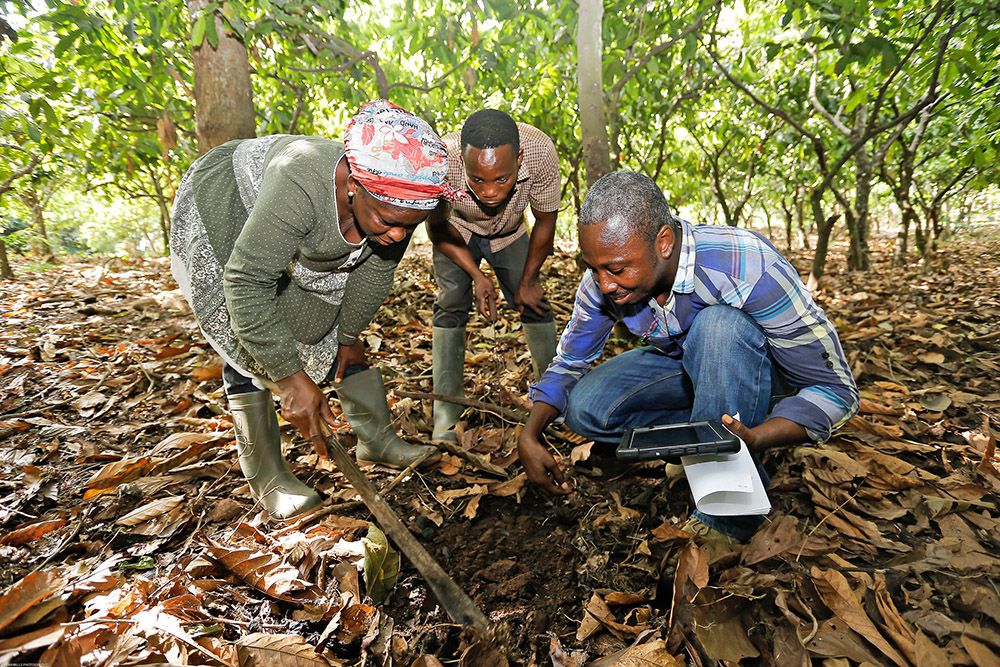
The certification program is part of the Rainforest Alliance’s strategy to drive sustainability at scale in the sectors in which we operate through interconnected interventions supporting certification, tailored supply chain services, landscapes and communities, and advocacy.
Key priorities of our cocoa strategy are assurance, shared responsibility, supply chain transparency, and profitability and resilience.
How we have tailored the implementation and verification of standards requirements on child labor and forced labor to the risk exposure of each farm.
Our shared responsibility approach aims to distribute benefits and costs of certification more evenly between farmers and companies.
Begin your journey of certification with the Rainforest Alliance.
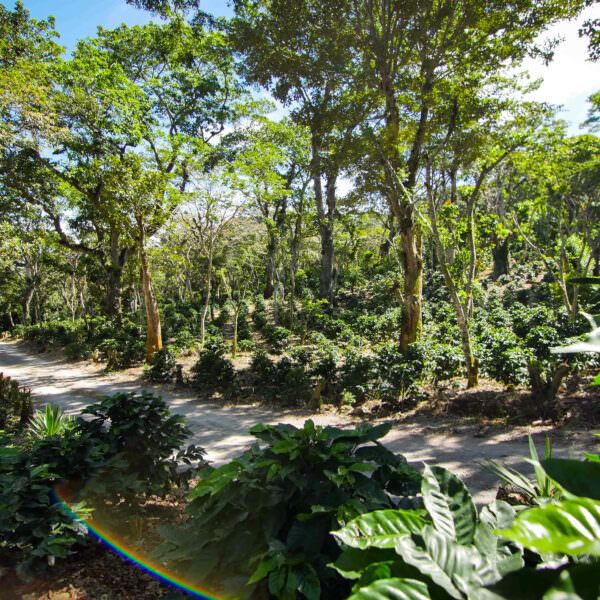
A detailed FAQ about the Rainforest Alliance 2020 Sustainable Agriculture Standard Farm Requirements.
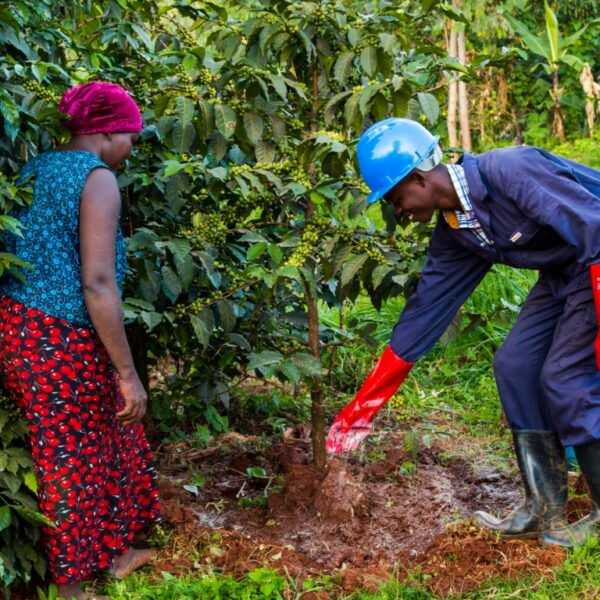
Find out what Ugandan coffee exporter, Kyagalanyi Coffee, had to say about the new program—from the improvements to the challenges.
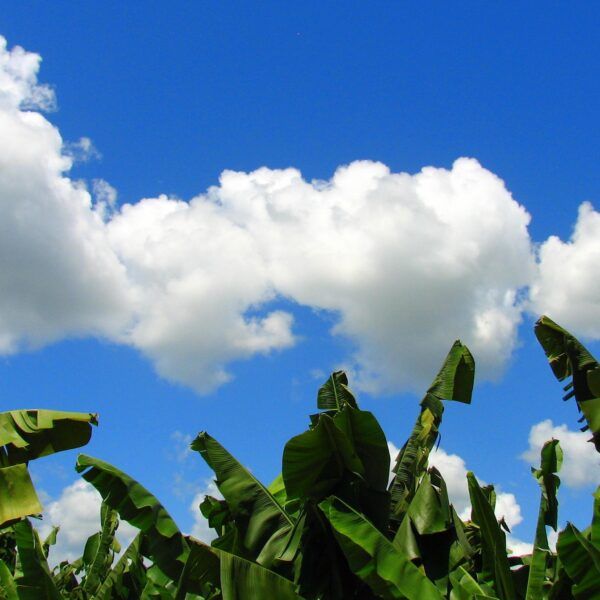
After teaming up for an early implementation pilot of our strengthened certification program, both Finca Esmeralda and the Rainforest Alliance took away learnings that will contribute to a more sustainable banana sector.
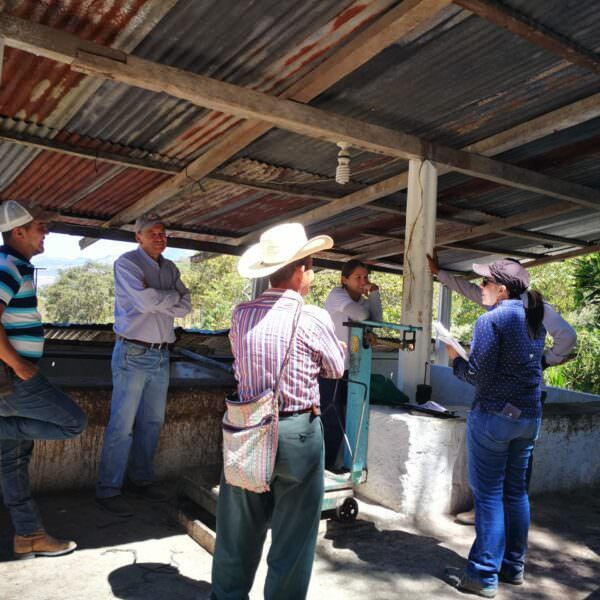
Rainforest Alliance certification is carried out by our authorized certification bodies. Find an authorized certification body in your county.

The Rainforest Alliance developed a Wild Harvest Guideline for use in a pilot project related to collection of wild rosehip (Rosa canina) in Chile. It was based on the Rainforest Alliance’s 2017 Sustainable Agriculture Standard. The first version of the Wild Harvest Guidelines have been reviewed to accommodate insights gained from Chilean project and from […]

As packers of Rainforest Alliance Certified herbal and fruit tea you need to send quarterly an Excel sheet with an overview of your herbal and fruit tea volumes used in manufacturing of finished products from 1 July, 2020 onwards to customersuccess@ra.org.

This document provides guidance to help Certificate Holders interpret core requirements around the use of fossil fuels, electricity, renewable energy, gas, and biomass on various types of crop farms.

This document provides guidance to help Certificate Holders interpret core requirements to provide safe and decent housing and living conditions for workers, as well as access to clean drinking water, sanitation, and healthcare.

This document gives guidance on how to implement gender equality for all Certificate Holders under the new requirements. It outlines how regardless of their gender, persons should have equal rights and opportunities. The promotion of gender equality and women’s empowerment is an integral part of the 2020 Sustainable Agriculture Standard.

This document is a step by step guidance on how to develop maps as indicated in the standard requirements 1.2.10 and 1.2.11 of the Rainforest Alliance 2020 Farm Standard. This guidance document will enable producers, farm managers, and group manager to develop a map of their farm and group of farms.